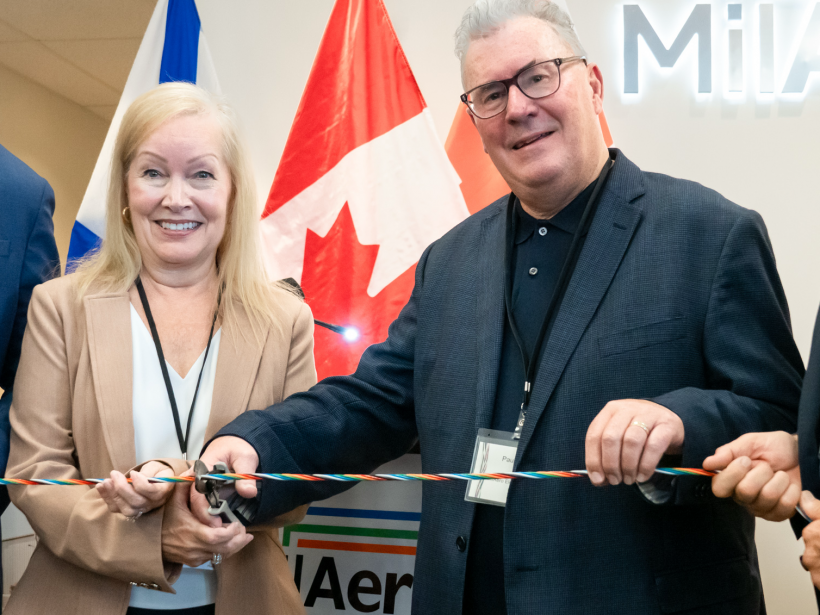The National Angel Capital Organization is leading a campaign for a federal investment tax credit, and its executives hope the Throne Speech next week reveals signs of progress.
NACO, which represents organized angel networks across the country, has been pushing the government to institute a tax credit similar to those in most provinces, which incentivize wealthy individuals to invest in high-growth companies.
Canada desperately needs such businesses to recover from the pandemic, say the tax credit's proponents, who hope the tax incentive would draw new investors into angel networks, leading to a wave of new investment. In particular, NACO wants angel networks to grow in the parts of the country where they are now absent or underdeveloped, including Atlantic Canada.
“Angel investors are local investors – they’re individuals that care about their local communities,” said NACO Chief Executive Claudio Rojas in an interview. “There are other, safer asset classes [than angel investment] to consider when you have discretionary capital to invest. Angel investors lead with their hearts first and then . . . need to have a business case to make the local investment. We need an incentive.”
Most provinces – including all four Atlantic Provinces – offer tax credits to investors to encourage them to invest in local companies. For example, New Brunswick has the most generous program in the country, offering investors a 50 percent tax credit on investments of up to $250,000. But these credits are only available when investor and target company are both based in the same province, and there are no credits in Alberta, Saskatchewan, Ontario or Quebec.
NACO wants the federal government to bring in a tax credit of 30 to 50 percent for investments in Canadian corporations or investment funds. (Though the tax credits have different names in each province, Rojas refers to the proposed federal credit as an “entrepreneurs' tax credit”, as he argues the main beneficiaries would be entrepreneurs.)
Rojas hopes Governor General Julie Payette will mention an entrepreneur tax credit Sept. 23 when she delivers the Throne Speech, which outlines the government’s plans for the coming session of Parliament.
Volta Cohort Seeks Applicants for Next Pitch Competition
NACO has been working with various parties to get across the message to parliamentarians that a federal tax credit is needed to develop the next generation of Canadian businesses. It has hosted virtual round tables in the past few months that have included Navdeep Bains, the Minister of Innovation, Science and Industry, and Economic Development Minister Mélanie Joly.
The ministers have heard NACO’s message that there are 500,000 potential accredited investors (people earning $200,000 and/or family wealth of at least $5 million) in Canada, but only 4,200 of them belong to angel networks. In theory, the country would unleash a wave of capital if more of these people joined networks and invested just 1.5 percent of their capital in startups.
Senator Colin Deacon, himself a serial entrepreneur, said high-growth companies are more important than ever because they are needed to help Canada recover economically from the pandemic. And, he said, the ecosystem needs early-stage investment from angels as much as it needs larger venture capital investment.
NACO believes an effective, nationwide tax credit could help to establish angel networks in areas where there are now none. Given that angels tend to invest close to home, startups across the country will get the support they need only when all regions have strong angel networks.
“We’ve all heard the term, ‘It’s who you know,’ and we have to move away from that to, ‘It’s what you know,'” said Amanda Filipe, NACO’s Director of National Initiatives for Women Entrepreneurs. “I see that as being the primary role of NACO.”
Rojas added that the organization has been concerned for several years that there is no pan-regional angel network in Atlantic Canada and plans to work with local partners to develop such a group. It’s been talking to local investors and other parties and together they plan to move from discussion to action.










